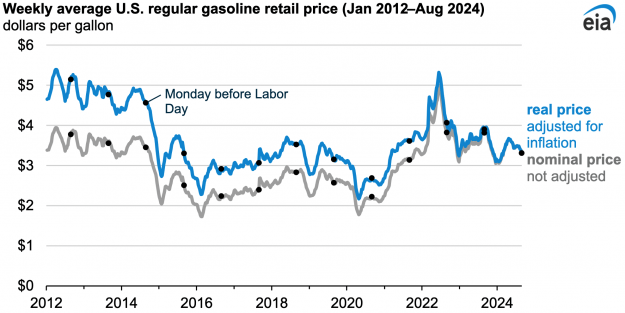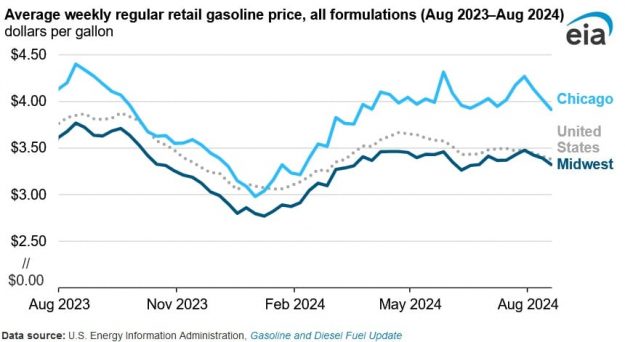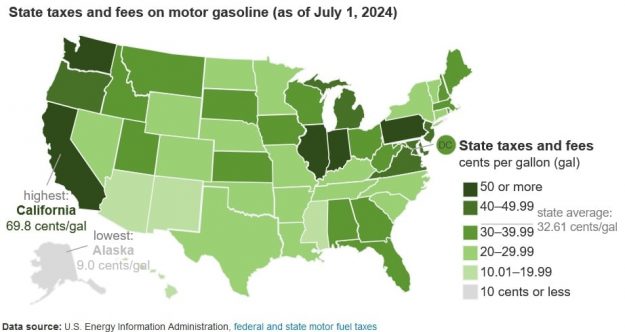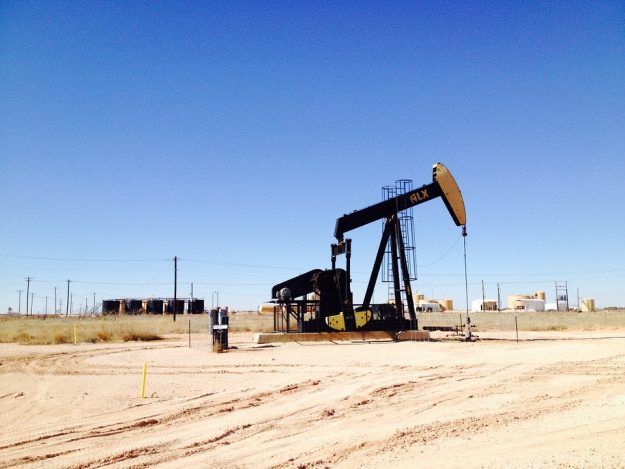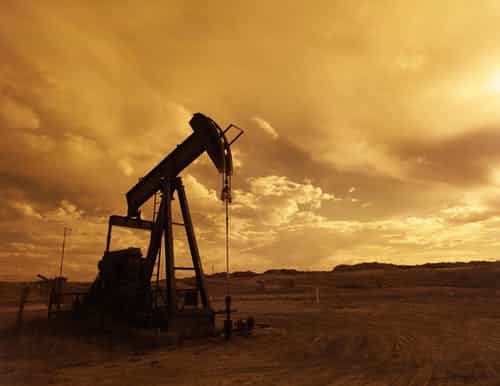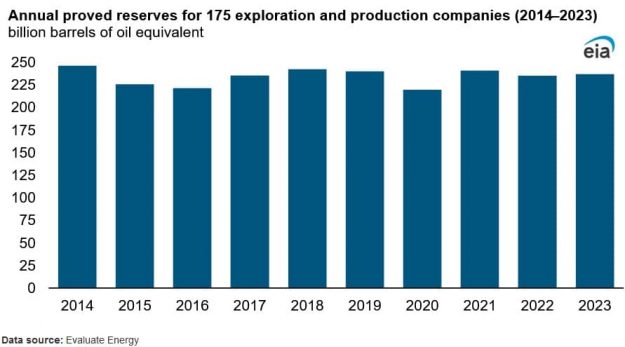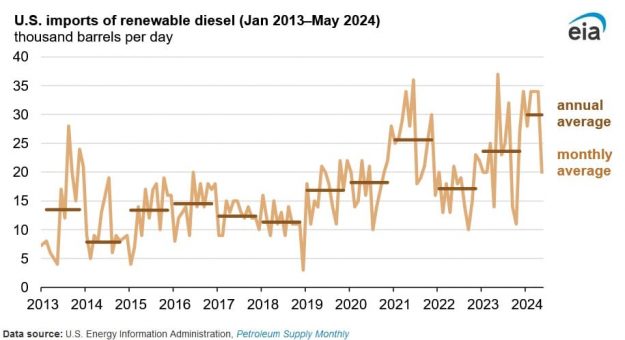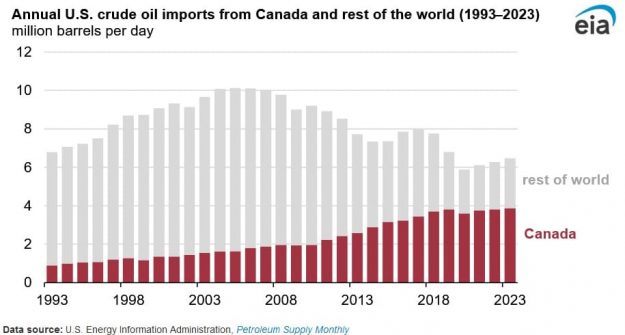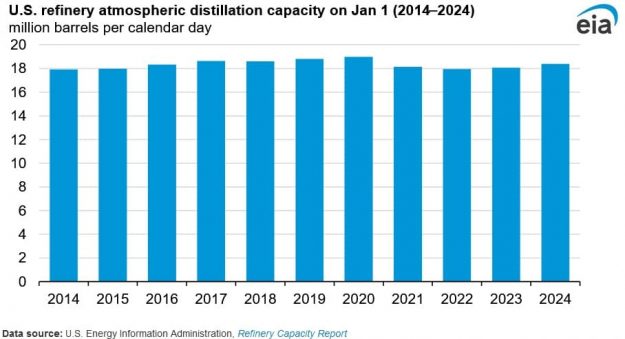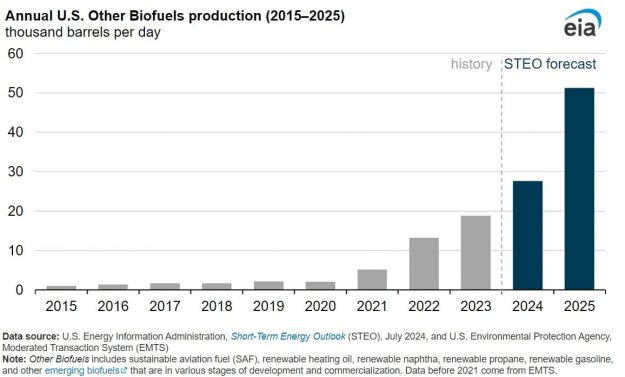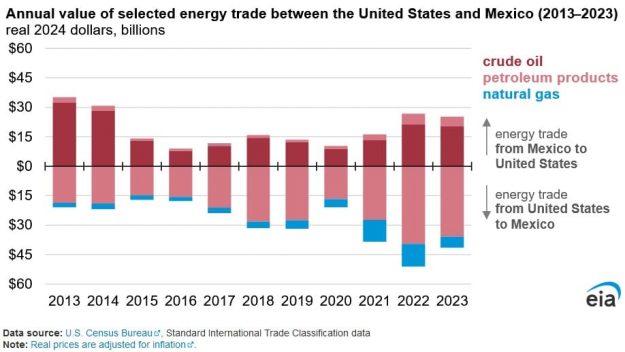U.S. Gasoline Prices 13 Percent Lower Than Last Year Heading into Labor Day Weekend: EIA
The U.S. retail price for all types of regular gasoline averaged $3.31 per gallon (gal) on Aug. 26, down 13 percent compared to the same time last year, ahead of the Labor Day weekend, according to an Aug. 29 report published by the U.S. Energy Information Administration. Lower gasoline prices heading into the holiday weekend…...
